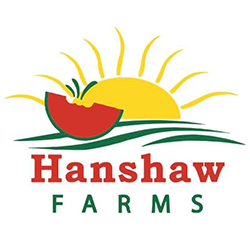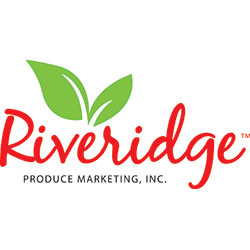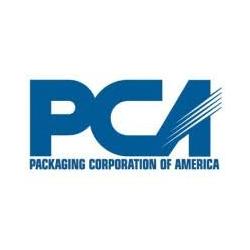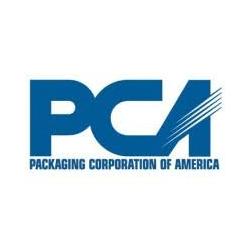Dubbing it a “Blue Apron-type” program, the White House wants to shift some Supplemental Nutrition Assistance Program dollars from purchases at retail stores to boxes of non-perishables shipped to homes.
In the White House fiscal year 2019 budget document , the Trump administration says its “bold new approach” to managing the food assistance program will combine traditional SNAP benefits with 100% U.S.-produced foods sent directly to households.
In a press briefing Feb. 13, director of the Office of Management and Budget Mick Mulvaney said “America’s Harvest Box” would include cereals, pasta, beans, canned meat, shelf-stable milk, canned fruit and vegetables and peanut butter.
“It lowers the cost to us because we can buy prices at wholesale, whereas they have to buy it at retail,” Mulvaney said in the briefing. “It also makes sure that (SNAP recipients) are getting nutritious food.”
Fresh produce and other perishables are not included in the food box program, which the agency said would account for about half of the food stamp benefits. SNAP recipients would purchase fresh produce and other fresh foods with the remaining benefit as they do now, commonly at retail stores.
The new program, and other proposed reforms, is projected to cut $17 billion from the SNAP budget in fiscal year 2019 and $213 billion from the SNAP budget over 10 years. SNAP program expenses were $68 billion in 2017.
Perdue on SNAP
Agriculture Secretary Sonny Perdue addressed the National Grocers Association on Feb. 11, the day before the administration released the budget proposal. He again emphasized the administration's commitment to helping only "those who truly need assistance."
“We believe that people who can work should be expected to work or prepare to work to receive benefits,” he said. “Expect to see emphasis on elimination of waste, fraud and abuse in our nutrition program.”
The coming budget has “common-sense reforms that call for greater consistency across nutritional programs,” he said.
“We’ll also have a bold, new innovative approach to SNAP,” he said, but did not share details — which include the Harvest Box program that would affect NGA members, who own and operate independent grocery stores.
Retail reaction
The White House proposal was met with resistance from retailers.
The NGA responded to the proposed changes Feb. 13, saying it was “extremely concerned.”
“SNAP is one of the most efficient federal social safety net programs because the retailers are the linchpin of a successful public-private partnership,” Greg Ferrara, the association’s executive vice president of advocacy, public relations and member services, said in a release. “Fierce competition in the food retail industry drives consumer prices down, therefore benefiting those on a limited food budget more than anyone.
“NGA is extremely concerned with the president’s budget proposal, as it abandons the proven free-market model on the ill-advised assumption that the government can purchase and provide food more efficiently than its current private sector partner,” Ferrara said in the release.
Food Marketing Institute Chief Public Policy Officer Jennifer Hatcher said in a statement that retailers don’t view the proposed changes as positive or efficient.
“FMI and our members have worked with the House and Senate Agriculture Committees and the USDA over several decades to achieve a national system, utilizing existing commercial infrastructure and technology to achieve the greatest efficiency, availability and lowest cost,” she said in the statement. “As we understand the proposal in the president’s budget to create a USDA commodity foods box of staples, each of these achievements would be lost.”
She said the program would not likely save much money.
“As the private partners with the government ensuring efficient redemption of SNAP benefits, retailers are looking to the administration to reduce red tape and regulations, not increase them with proposals such as this one,” Hatcher said in the statement.
For more on Perdue's speech, see "Perdue teases 'bold new approach' to SNAP in Trump budget."
Produce Retailer Editor Pamela Riemenschneider contributed to this article.















